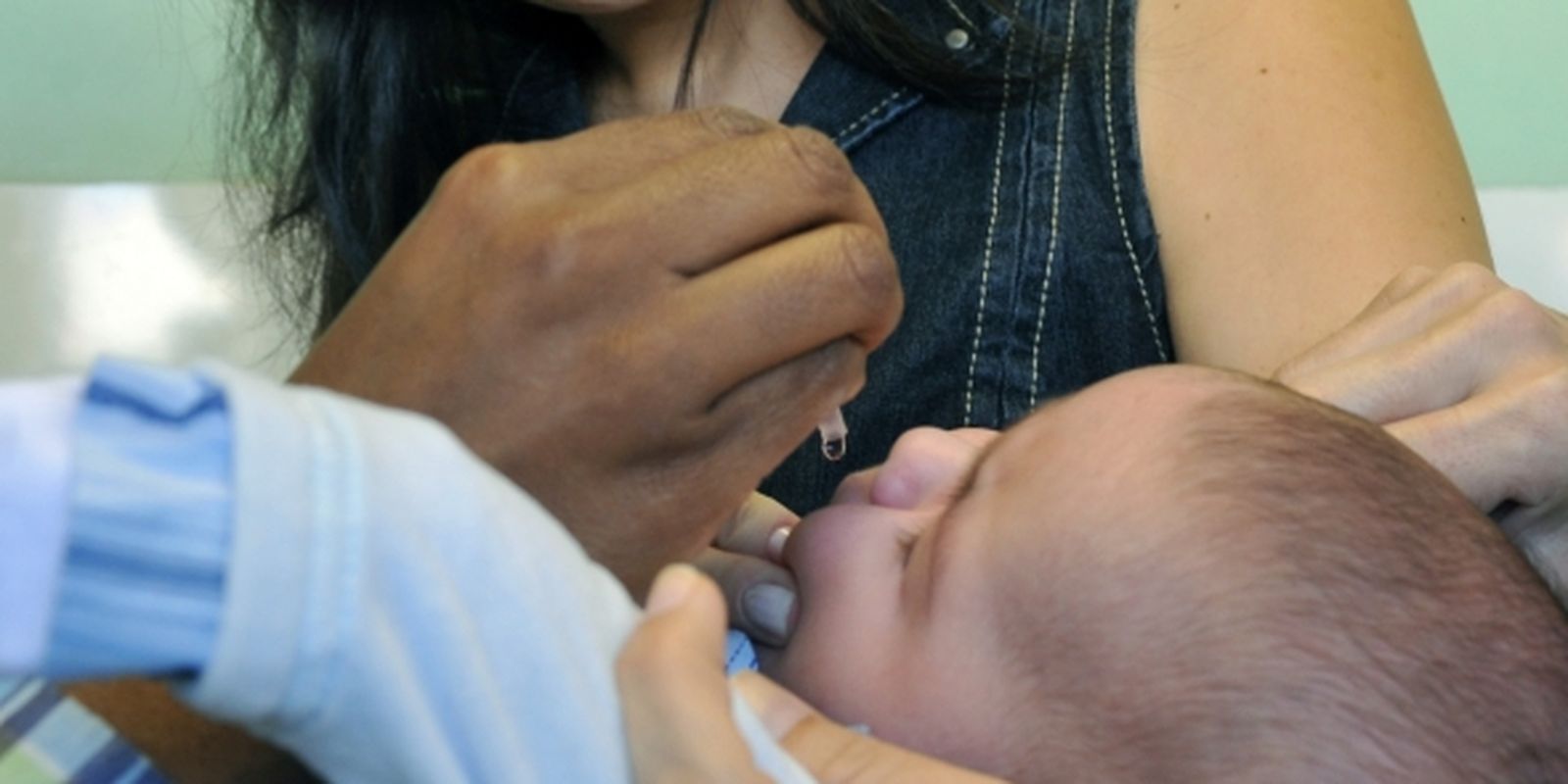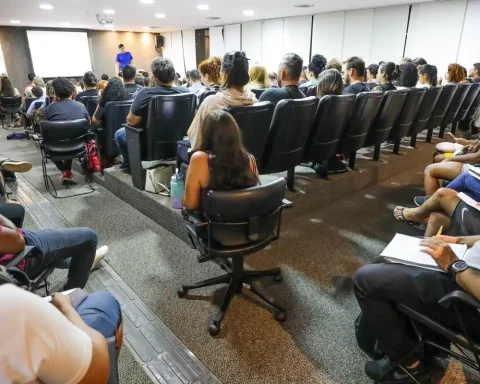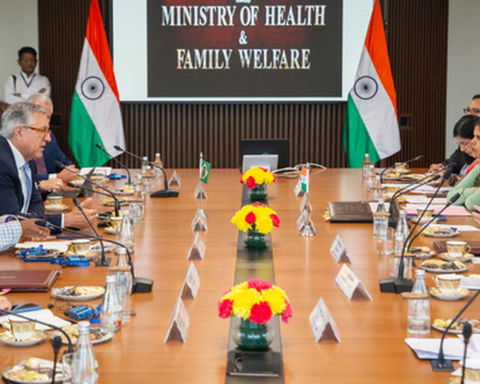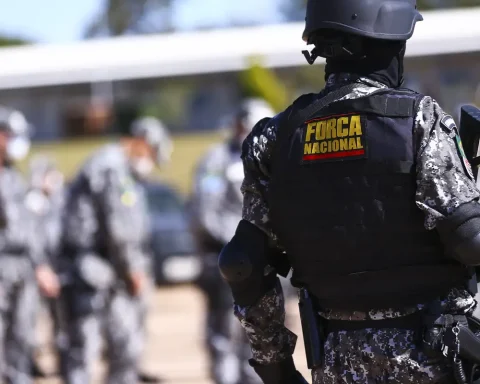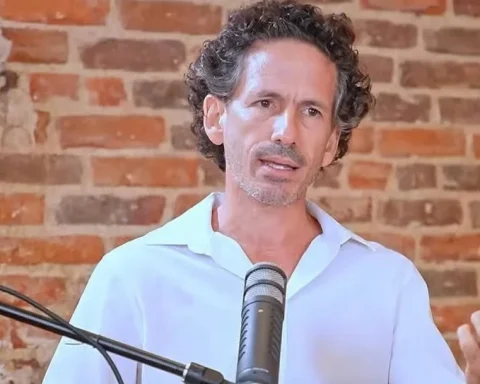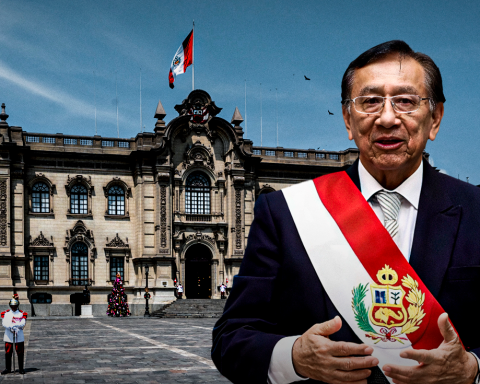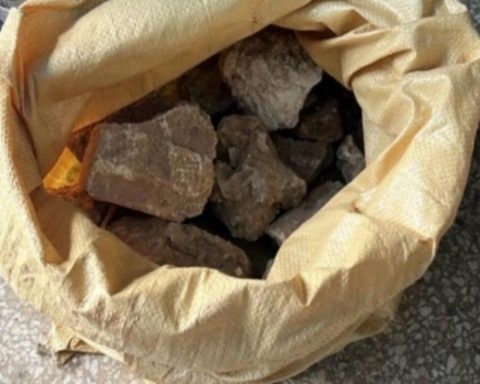The oral polio vaccine (OPV) will be officially retired in Brazil in less than two months. Popularly known as the droplet, the dose will be replaced by the inactivated polio vaccine (IPV), administered in an injectable form. According to the representative of the Maternal-Child Committee of the Brazilian Society of Infectious Diseases, Ana Frota, the OPV is expected to be withdrawn nationwide by November 4.
When participating in the 26th National Immunization Day in Recife, Ana recalled that OPV contains a weakened virus and that, when used in poor sanitary conditions, it can lead to cases of vaccine-derived polio, which are considered less common than infections by wild poliovirus. “But when the whole world is vaccinated [com a VOP]you have a lot of cases. And when they start to be more frequent than the disease itself, that’s when public authorities need to act.”
The replacement of the oral dose by the injectable dose in Brazil has the approval of the Technical Advisory Board on Immunization (CTAI) and is recommended by the World Health Organization (WHO). “It seems quite logical to us to change the vaccines,” says Ana, mentioning that, from now on, the recommendation is that OPV should only be used to control outbreaks, as is the case in the Gaza Strip, in the Middle East. The region reported four cases of flaccid paralysis – two ruled out as polio, one confirmed and one still under investigation.
Ana recalled that, between 2019 and 2021, around 67 million children partially or completely missed doses of routine vaccination. “The global initiative itself [Aliança Mundial para Vacinas e Imunização, parceria da OMS] had to stop polio vaccination for four months during the pandemic,” she highlighted. Other situations that, according to her, compromise and leave gaps in imitation include humanitarian emergencies, conflicts, lack of access.
Understand
In 2023, the Ministry of Health announced that it would exclusively use IPV for the booster dose administered at 15 months of age, which until then had been administered orally. The injectable dose had already been administered at 2, 4 and 6 months of age, according to the National Vaccination Calendar. The booster dose against polio, previously administered at 4 years of age, according to the ministry, will no longer be necessary, since the four-dose vaccination schedule will guarantee protection against polio.
The update considered epidemiological criteria, evidence related to the vaccine and international recommendations on the subject. Since 1989, there have been no reports of polio cases in Brazil, but vaccination coverage has suffered successive declines in recent years.
*The reporter traveled at the invitation of the Brazilian Society of Immunizations (SBIm)
